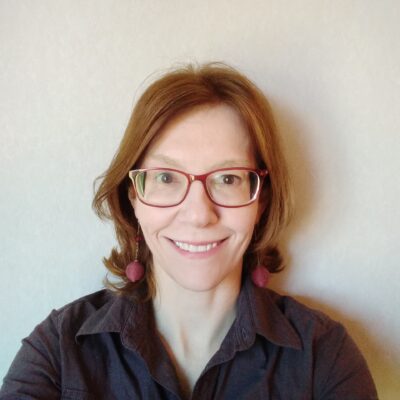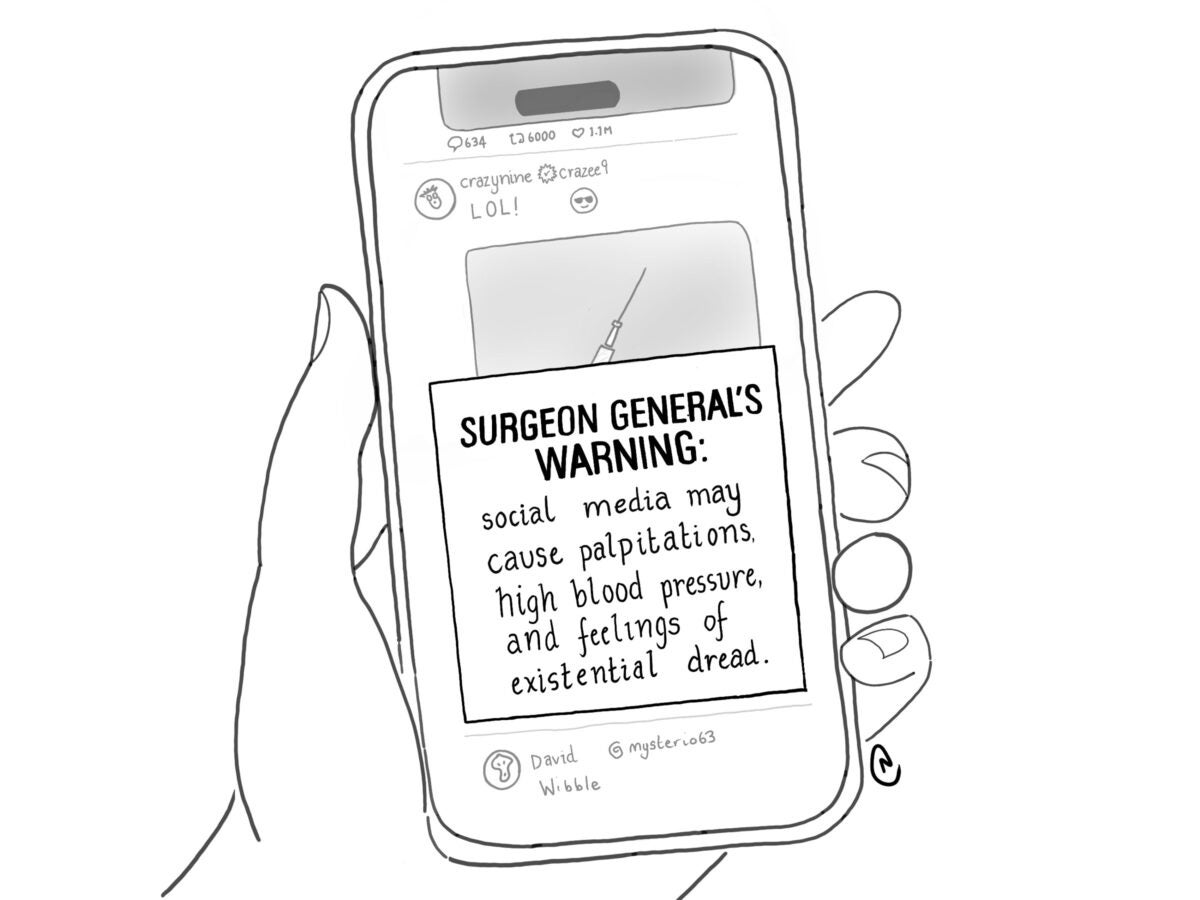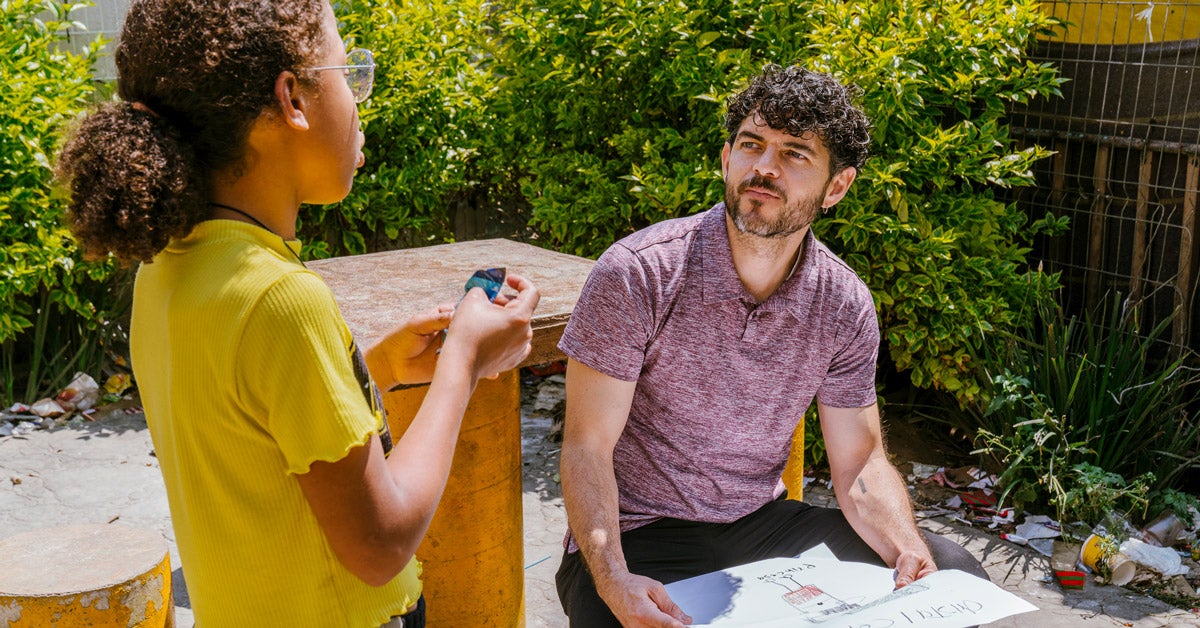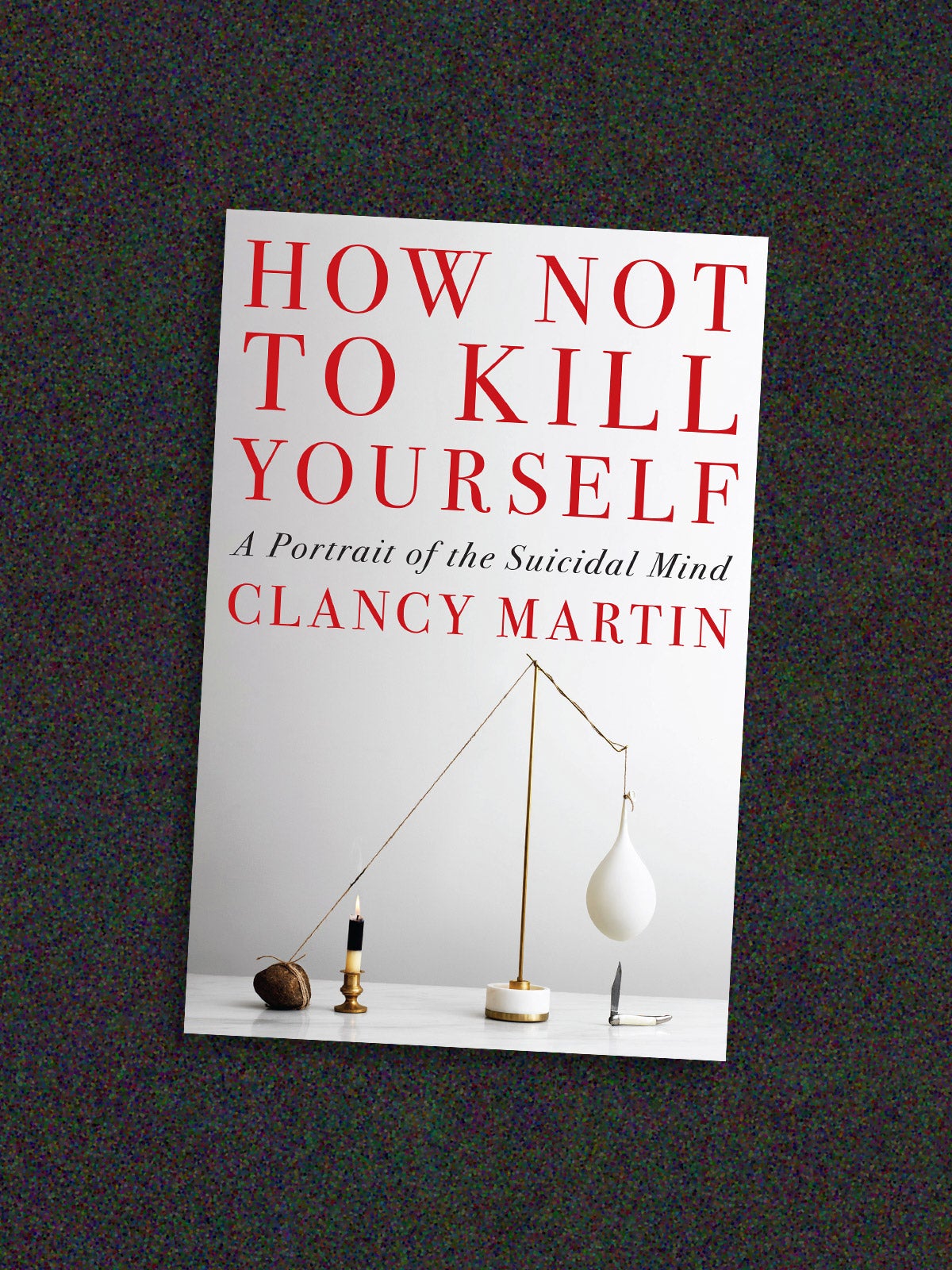
Book
Author Clancy Martin on “How Not to Kill Yourself”
As the survivor of more than ten suicide attempts, acclaimed novelist Clancy Martin is something of an expert on the subject. Martin’s new memoir, How Not to Kill Yourself, grew out of a personal essay he wrote in 2018—a reflection on the arguments he has found to live, despite losing his father to what Martin suspects was suicide, and enduring the suicide of a beloved half-sibling when Martin was only six.
His new book goes beyond his own experience, and even the probing meditation on life and death one might expect from a writer who is a philosophy professor at the University of Missouri-Kansas City. The book is also a self-help manual for the suicidal, featuring Q&A’s with suicidologists, and a list of wide-ranging suggestions for anyone who feels in immediate danger of suicide.
Sign up for Harvard Public Health
Delivered to your inbox weekly.
Below, he talks with Harvard Public Health contributor, Maura Kelly, about what he calls his “addiction” to suicidal thinking; and the philosophers, poets, and regular people who have helped him remember that there are good reasons, for all of us, to take on another day.
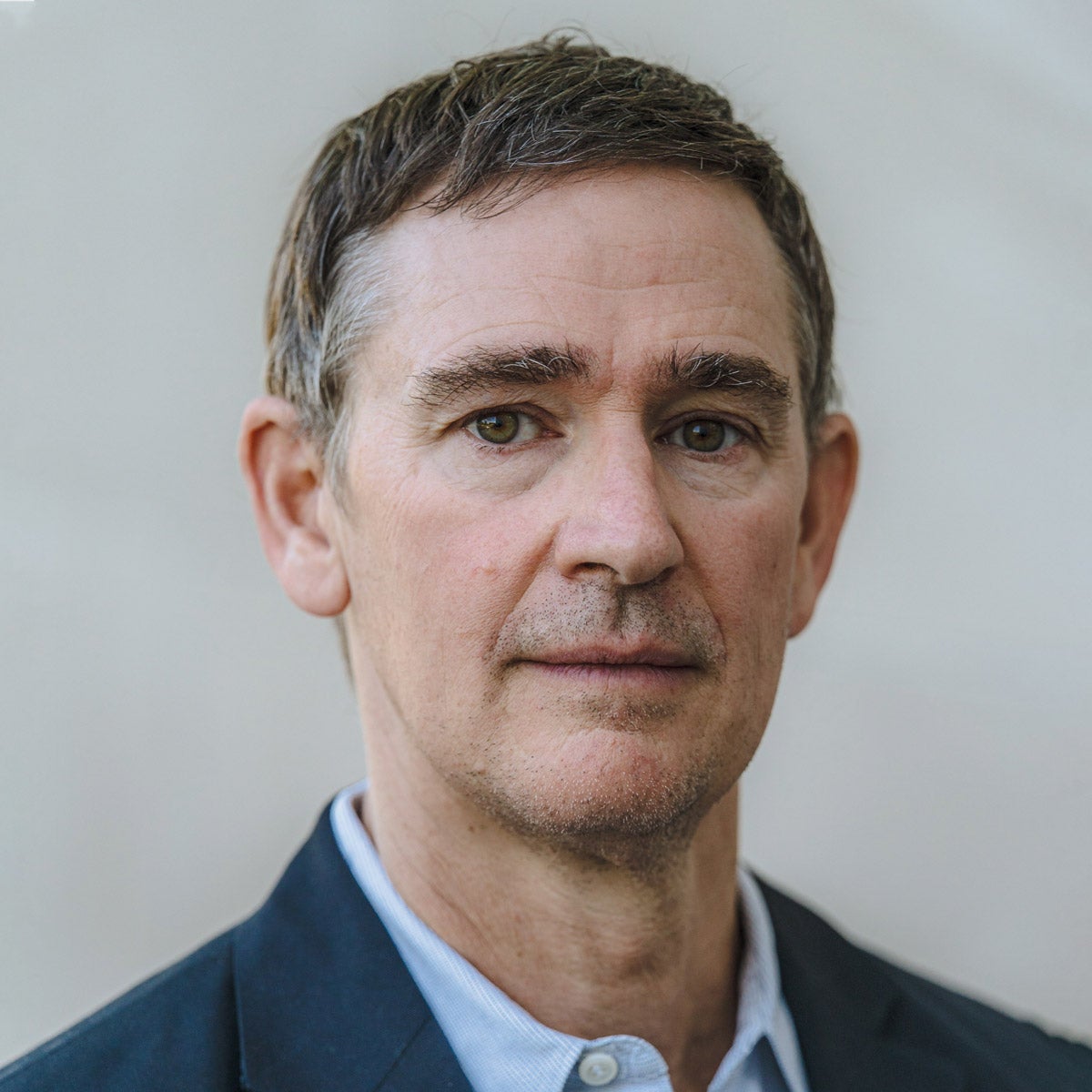
Photo:Lauren Schrader
Kelly: In the past, during difficult moments, did you find yourself looking for a book like the one you’ve written?
Martin: Yes, I did want and need a book like this one. All the memoirs about suicide that I read didn’t tend to offer practical advice on how to help people suffering from suicidal ideation. But the practical advice is just part of the memoir. It’s what works for me. I think each person will have to use that advice to ask themselves these very important questions: What helps me with my daily suicidal ideation? What helps me when I’m getting close to making an attempt?
Kelly: What helps you?
Martin: Both taking a walk and simply talking to people—both are very reliable, immediate medicine. They are the first things I do to try and stop the bleeding, so to speak.
[Suicidal thinking] is a very unlucky style of thinking, and some people find themselves particularly cursed with it. Getting cancer is an unlucky accident too, and yet you’d never blame yourself if someone you loved died of cancer.
CLANCY MARTIN
Kelly: I went through severe depression, a real crisis, and walking was one of the only things that helped me when I got into a state of mental claustrophobia.
Martin: Mental claustrophobia is exactly the right way to think about it. When you are panicking, if you just make a little change, the panic can loosen up enough to keep you from going into fight-or-flight mode.
Kelly: One of the reviews for your book said your memoir might be helpful for people grieving a suicide, too.
Martin: When someone you love dies by suicide, you might blame yourself, but that self-blaming is misplaced. In fact, you may have been one of the reasons that person stayed alive as long as they did. A terrific book on dealing with suicide grief is, “It’s OK That You’re Not OK.”
Kelly: I’ve come to think of suicide as a kind of terrible accident, not unlike someone forgetting to take their heart medication.
Martin: That’s a very, very helpful way of talking about suicide. It is a very unlucky style of thinking, and some people find themselves particularly cursed with it. Getting cancer is an unlucky accident too, and yet you’d never blame yourself if someone you loved died of cancer.
Kelly: You mentioned that talking to people helps you. Do you have any experience with the new national suicide hotline, 988, that launched in 2022?
Martin: I do. It’s good. I’ve talked to people at 988, and I encourage anyone who is really feeling on the brink to call 988—especially since, if you are someone like me, who has attempted many times, you might not want to call someone you know. You can also text 988 if you prefer.
Beyond that, though, if you have a tendency towards suicidal thinking, you need to have a plan in place about what you’ll do if you get into danger, even if it’s as simple as getting out of the house.
Kelly: In your book, you talk about how it’s possible to become addicted to the idea of suicide. Can you explain that?
Martin: Living with that chronic desire in many ways has been the chief mental challenge of my life. Addictive thinking always has a quality of, “I want to do this, but I don’t want to do it.” Being tempted and at the same time thinking it’s the wrong thing to do makes it more tempting; and so, it escalates and escalates, as anyone who has struggled with addiction can understand.
Kelly: How do you break out of that way of thinking?
Martin: Someone addicted to suicidal ideation believes at some level that their suicide is a good idea. How you do that [change that belief] will vary from person to person. But talking to other people and hearing their stories can help change addictive beliefs. There are Suicide Anonymous groups. When you hear someone else talking about suicide, you can see how terrible it would be for that person to take their life, which can help you see how it would be terrible for you, too.
Kelly: From your memoir, I get the impression that, in terms of philosophy, the Existentialists have been the most helpful for you. Is that right? Why?
Martin: The Buddhist philosophers and the Existentialists, yes. And for the same reason. Both of these great schools of philosophy acknowledge that life can be so incredibly hard, that just being human is so challenging, and this suffering is our very opportunity to find meaning. You don’t want to run from life, even though panicking and trying to escape might feel like the thing to do. Instead, you want to say, “Okay, life, I’m going to stick around, I’m going to look at things and feel things and maybe even talk to other people and listen to them, or maybe I’m going to take a long walk and feel the sun or the rain on my face.” Life is abundant with these very simple opportunities which, when you need them and try to cherish them, even a little, surprise you with how much better they can make you feel.
Kelly: Many people, like you, find that their spouses and children are a reason to live. During your research for the book, did you learn anything that might help people who feel alone or alienated—who don’t have, or are cut off from, spouses, children, nuclear family?
Martin: First, anyone who suffers in this way should try whatever they can to find a social support network, a group of like-minded people on the internet, a church, anything. Suicide Anonymous provides meetings online. Or consider spending time in places with people, like parks. For me, when I was at my lowest, I went to college campuses. I’d drive to one and just walk around. Seeing the students reading books, holding hands as they walked to class, talking about chemistry under a tree, really helped me. A friend of mine who struggles recently got a pet and she says loving this animal has really helped her.
Second, I’m told it is very effective, when you’re feeling really isolated or cut off, you might try to find ways to welcome that feeling, or nurture it—by learning the admittedly difficult but hugely important art of being alone with oneself. It can be an opportunity.
Life is abundant with these very simple opportunities which, when you need them and try to cherish them, even a little, surprise you with how much better they can make you feel.
CLANCY MARTIN
Kelly: I think I know what you mean. I spent six difficult years living alone, with no friends nearby. I really struggled with loneliness, but I also used the time to take in the works of many of my favorite writers and filmmakers: Tolstoy, Ralph Waldo Emerson, Bergman, Jane Campion, and Pedro Almodóvar. I wrote six novels I never published. It was a hard time, but it’s given me a certain confidence that I suppose I’ll always have.
Martin: A man was held hostage in the Middle East some years ago, and when he was finally released, some journalist asked him what he had learned from his years of totally isolated imprisonment. He said, “Humanity has lost the skill of productive solitude.” Amazing, right? I guess what I’m hoping to say is, we can all try to rethink isolation in that way, more creatively.
Kelly: Do you have any memoirs, books, poems, or novels that have helped you out of depressive moments?
Martin: Any of Audre Lorde’s poems give me courage and strength. Any of Thich Nhat Hanh’s books or YouTube videos. Any of Dzongsar Khyentse Rinpoche’s YouTube videos. Viktor Frankl’s Man’s Search for Meaning. Rainer Rilke’s Letters to a Young Poet. Gerard Manley Hopkins’ poems. The poem “In the Waiting Room” by Elizabeth Bishop. And oh, Matsuo Bashō’s The Narrow Road to the Deep North. Guaranteed medicine for me. Any Dostoevsky novel, too, but especially The Idiot.
If you are thinking about suicide, please call or text 988 for the National Suicide Prevention Lifeline. Or click on speakingofsuicide.com/resources for additional resources.
Book cover: Courtesy of Pantheon Books
